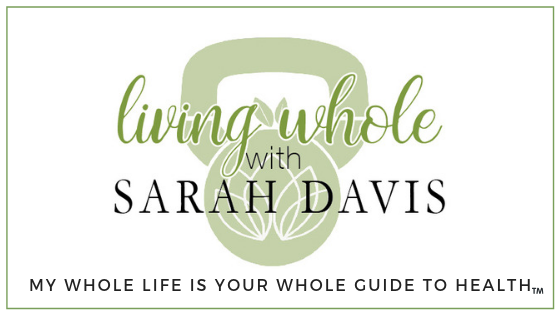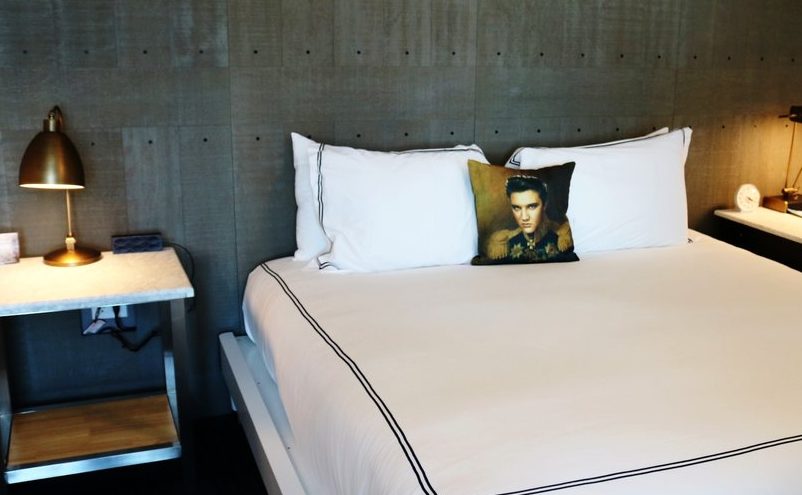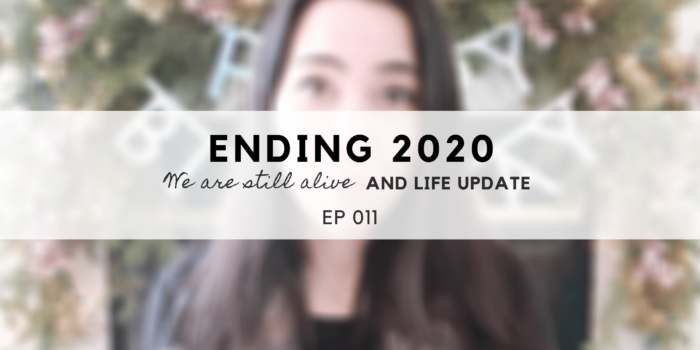How to sleep more effectively.
WEIRD things about sleep you didn’t know and how to IMPROVE your own sleep.
Recently, I’ve been studying a little more about sleep and how to enhance your sleep patterns. Here are some of the most interesting things I have come across about sleep!
If it takes you less than 5 minutes to fall asleep at night, you’re probably sleep-deprived. Ideally, falling asleep should take 10 to 15 minutes.
Sea otters hold hands when they fall asleep so they don’t drift away from each other.
Tiredness will peak twice a day, 2a.m and 2p.m.. one of the reasons you feel less energized after lunch.
You weekend sleep schedule will actually mimic jet lag… which is why sometimes on Mondays you feel more tired.
Humans are the only mammals to willingly delay sleep.
Stress, physical, or mental illness, living/sleeping arrangements, family history, work shifts, diet, and exercise habits can all cause insomnia.
If you have trouble getting out of bed in the morning is called dysania. This can be signs of nutritional deficiency, depression, or other health problems.
Being awake for 16 hours or longer decreases your performance and concentration as much as having a BAC (blood alcohol level) of 0.05%.
Going without sleep will decrease your leptin levels, the hormone that regulates appetite. This is why so much of the time you have cravings when you are sleep deprived.
Regular exercise improves sleep patterns. Exercising sporadically or right before will keep you up.
Whale and dolphins literally fall halfway asleep. One half of their brain will stay awake so that they continue to come up for air. Each side will take turns!
Ways I personally improve sleep:
Sticking to a sleep schedule of the same bedtime and wake up time, even on the weekends. Remember that weird fact about sleep jet lag? I try to stay within 1-2 hours of my normal weekly schedule on the weekends. This helps to regulate my body’s clock and helps me fall asleep and stay asleep for the night.
Practice a relaxing bedtime ritual. A relaxing, routine activity right before bedtime every night solidifies mentally that it is time for bed. It’s the wind down time away from bright lights that helps decrease activities that can cause excitement, stress or anxiety which can make it more difficult to fall asleep and get that deep, restful sleep. Give this post a like if you want me to do a video on my nightly routine!
I avoid naps, especially in the afternoon. I always verbally say “oh my gosh, I need a nap,” but the busy body inside me never does and I am really quite happy about it because I only end up derailing my sleep pattern. For some people power napping may help them get through the day. However, if you find that you can’t fall asleep at bedtime, eliminate it.
Getting my exercise daily. Vigorous exercise is best, but even light exercise is better than no activity.
Create a sleep space. One thing to do first is to evaluate your room. Design your sleep space environment that will establish the conditions needed for sleep. It should be cool, a good temperature range is between 60 and 67 degrees. It should also be free from any noise that can disturb your sleep. Finally, your sleep space should be free from any light.
Opt for comfort. You literally spend half your life in bed. It is vital to make the most of your awake time with comfortable and deep sleep. Choose a comfortable mattress and pillows and lines that will compliment your sleep preferences.










